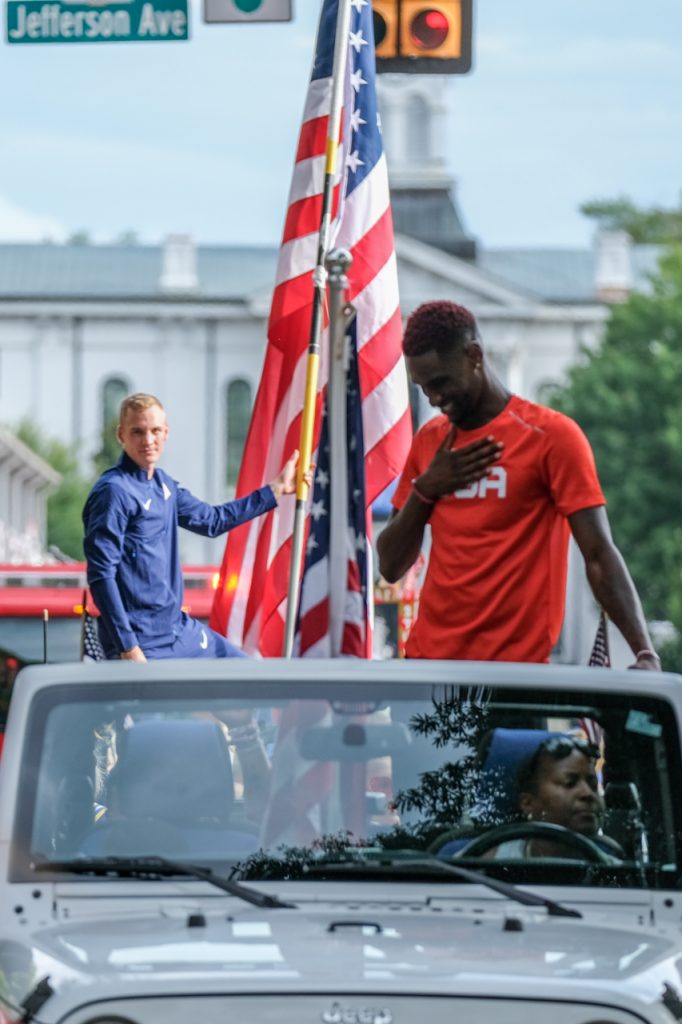High school students across the U.S., and especially the South, graduate and enter a world on their own without the proper tools to enter adulthood, sexual education being one of them. As students step foot on the University of Mississippi campus, most who received any form of sex education have not done so without some politics involved.
Parents and politicians alike push to limit what school-age children are exposed to, yet these limitations can affect students as they grow into adults. Political limitations on the classroom do not consider how the information impacts students’ futures but how political topics such as abortion and contraception are discussed. This selective education severely limits students’ growth into fully informed adults.
All college-aged individuals may suffer from undereducation. 26.4 percent of female undergraduate students and 6.8 percent of male students experience rape or sexual assault. While sex ed cannot fully prevent this, it can give victims knowledge of resources following the attack.
Uneducated consenting adults may also be at risk of the unknown. Abstinence-only education does not prepare sexually active individuals for contraceptive use and sexually transmitted disease (STD) prevention. This lack of understanding can result in unwelcome outcomes including disease contraction, pregnancy and emotional distress. When children are taught that pre-marital sex carries extreme social, familial and health-related consequences without explaining what those consequences are, extreme emotional responses and shame can occur. These can be coupled with pre-existing mental health illnesses and issues to worsen into severe depression or other disorders.
Twenty-eight states across the US require abstinence to be stressed in sex education. Students from many of these states, including Mississippi, Louisiana and Tennessee, make up a large part of the UM population. The state of Mississippi requires an abstinence-only or abstinence-plus curriculum; this includes instruction of “the social, psychological and health gains to be realized by abstaining from sexual activity” and “the harmful consequences to the child, the child’s parents and society that bearing children out of wedlock is likely to produce.”
Section 37013-171 of the Mississippi Code of 1972, which has been updated as recently as 2020, also states that “curriculum must inform students of current state law related to homosexual activity,” forbids any teaching of abortion, and allows a short discussion of contraceptives if the school district chooses to do so. While each component, such as “laws against sodomy,” do not have to be included, they cannot be contradicted. Every school’s curriculum must be approved by the Mississippi Department of Education, and all public schools are required to teach abstinence education. This also applies to public universities.
It would be wise, therefore, for groups on campus to provide adult sexual health education. It is illegal for the university to provide any service beyond abstinence-plus education itself according to state law, so this responsibility falls to student organizations. Organizations, such as RASA and the Student Wellness Ambassadors, embrace sexual wellness in their mission statements and would be the perfect groups to host adult sex education workshops. While some students do not need these services, many students have received little to no sex education in the classroom and would benefit from a politic-free learning environment.
Londyn Lorenz is the opinion editor from Perryville, Missouri majoring in Arabic and international studies.














